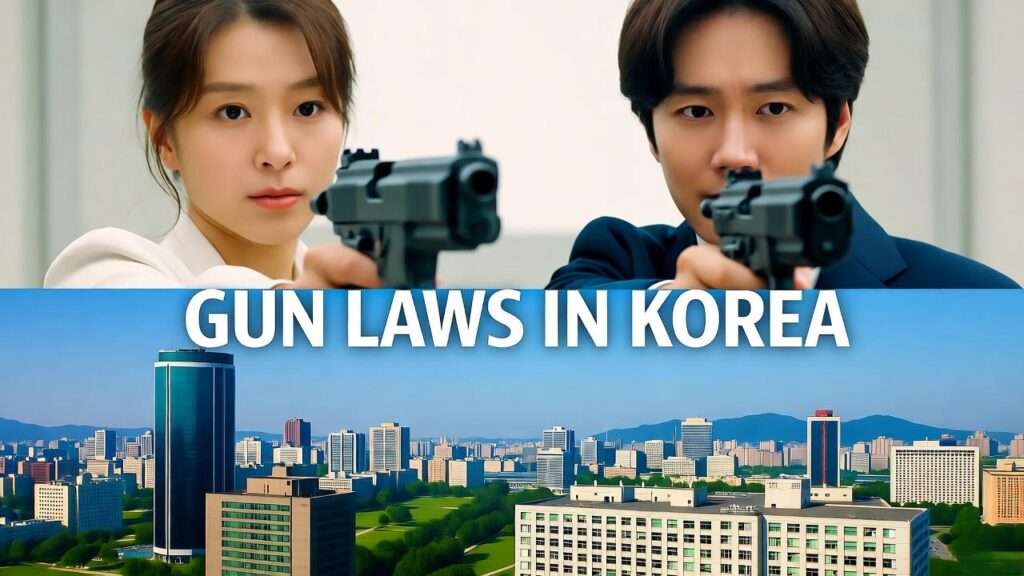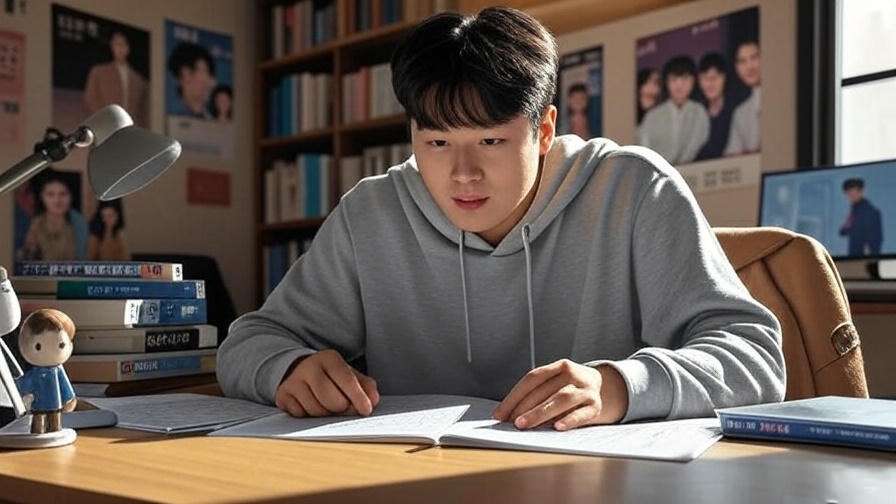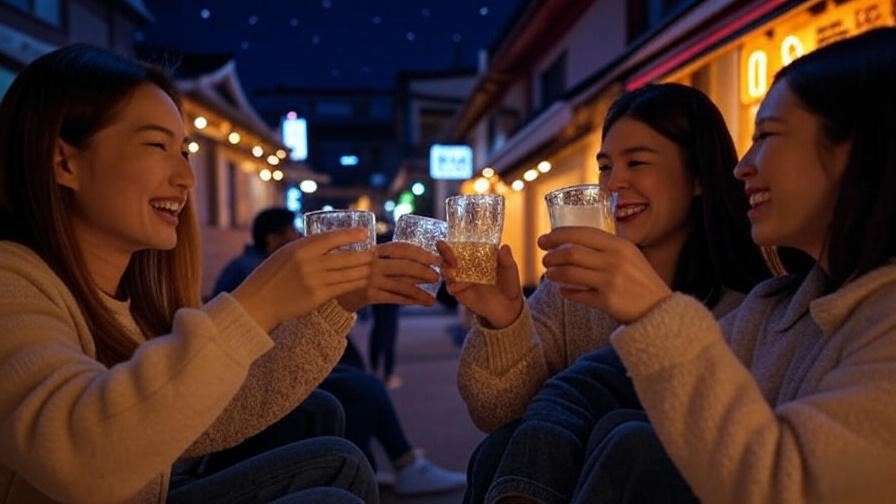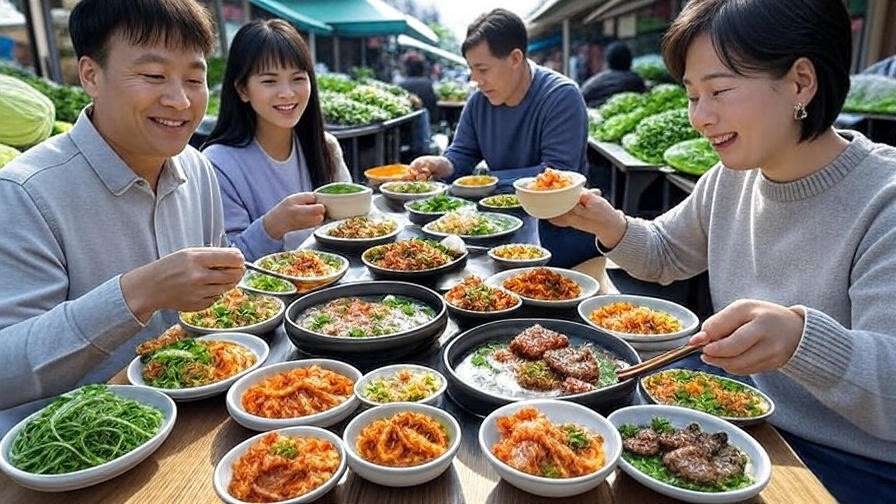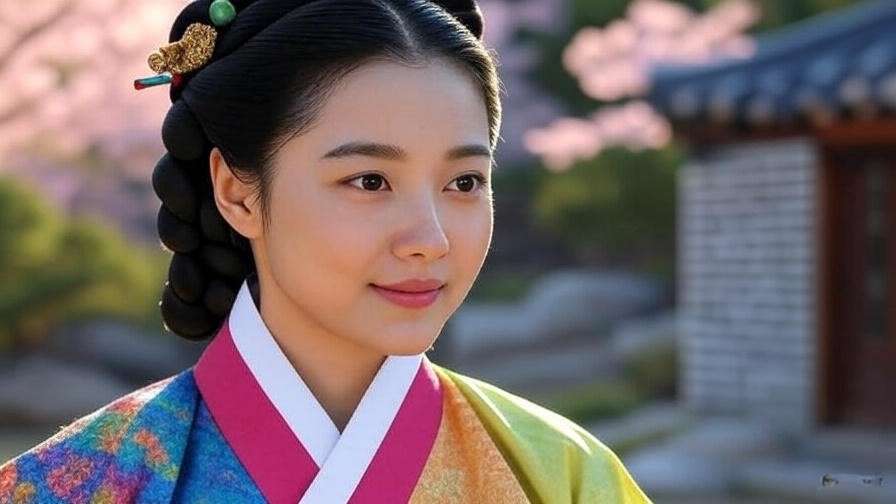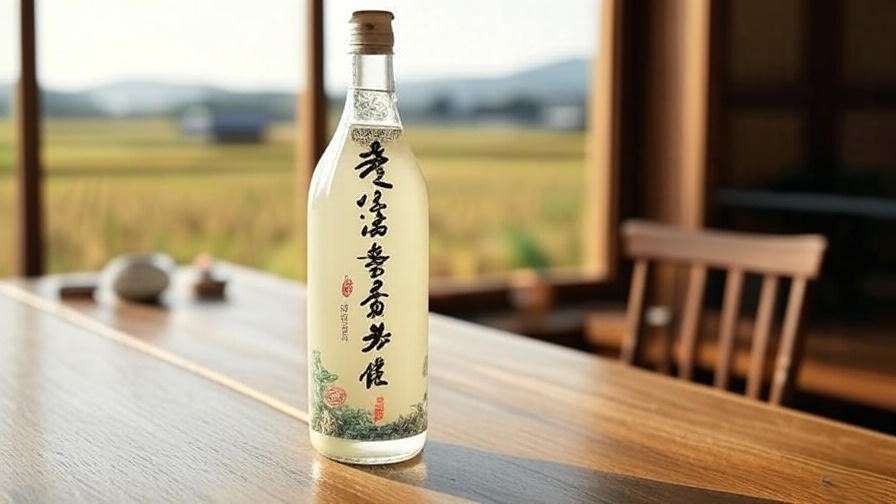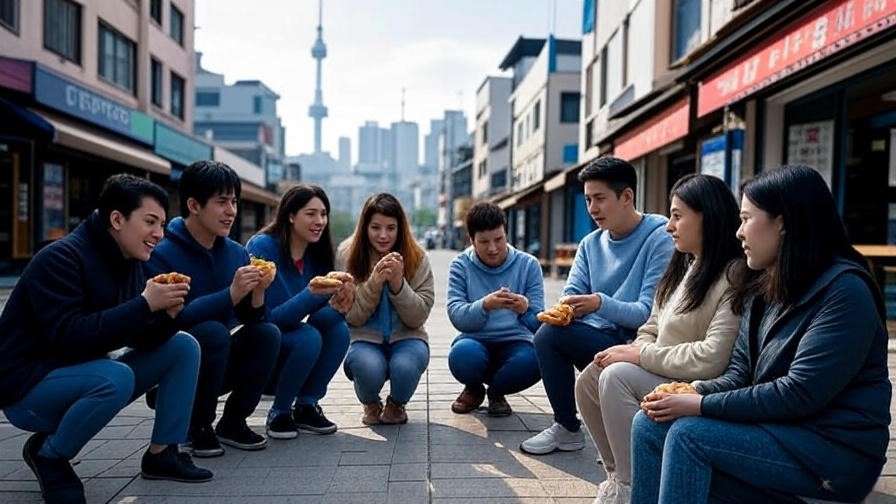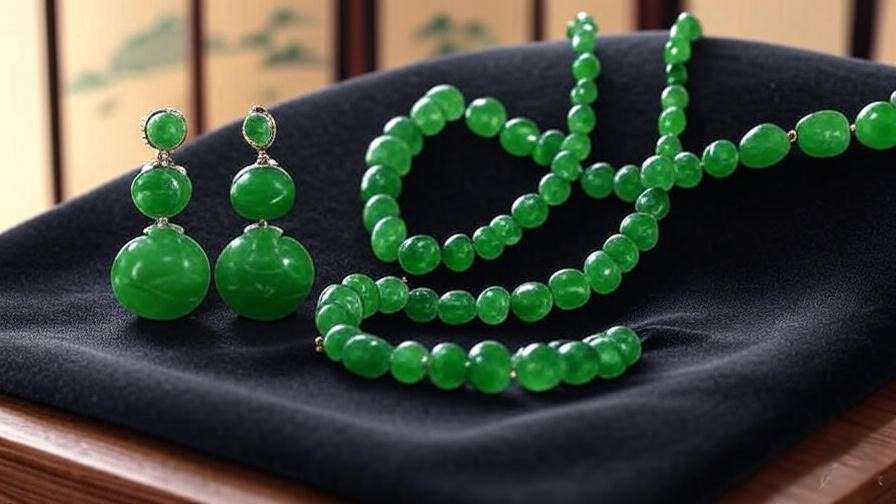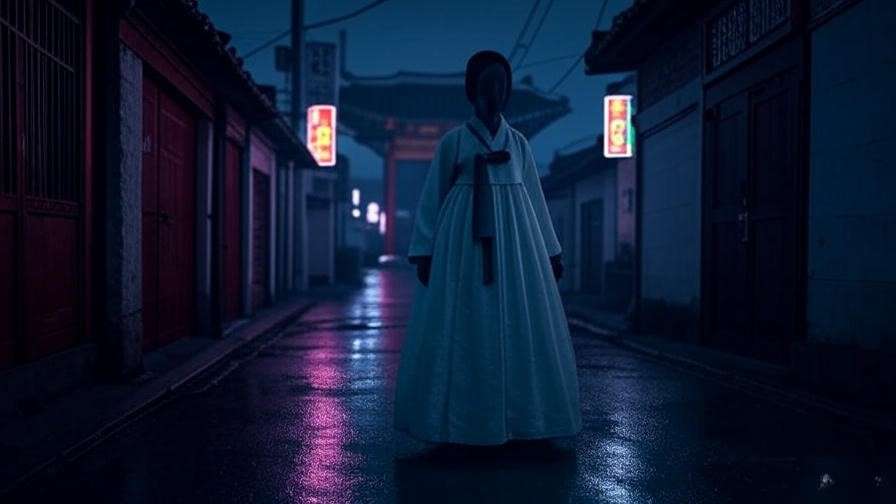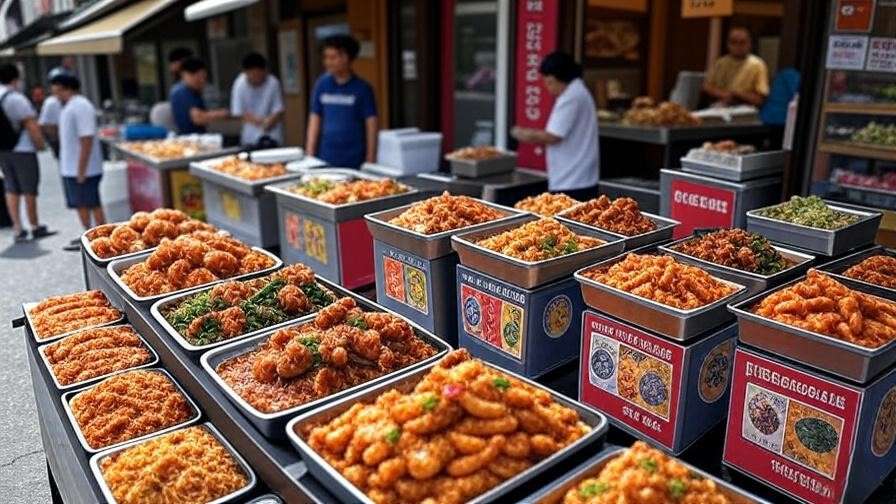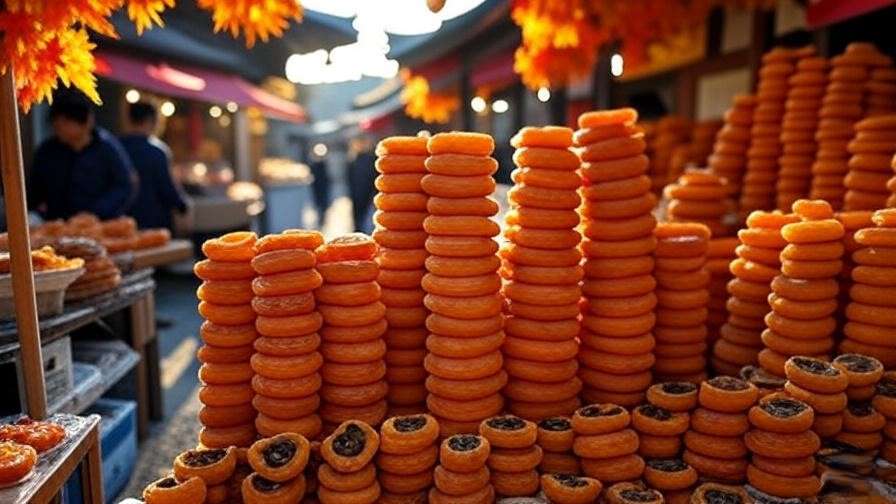Picture this: In a gripping scene from Vincenzo, the suave anti-hero brandishes a sleek handgun, facing off against a gang of villains in a dimly lit Seoul alley. The tension is palpable, the stakes are high, and the firearm feels like a natural extension of the drama. But as a K-drama fan, have you ever wondered about the reality behind these cinematic moments? The truth about gun laws in Korea is far less glamorous—and far more restrictive—than what’s portrayed on screen. For fans of Korean culture and K-dramas, understanding these laws not only deepens your appreciation of the stories but also reveals a critical aspect of Korea’s societal values. This article bridges the gap between K-drama fiction and real-world regulations, offering a comprehensive guide to South Korea’s strict gun control policies and their cultural roots. Whether you’re binge-watching Crash Landing on You or planning a trip to Seoul, this exploration will enrich your understanding of Korea’s unique approach to firearms.
Why Gun Laws in Korea Matter for K-Drama Fans
Firearms in K-Dramas: Fact vs. Fiction
K-dramas like Vincenzo, Descendants of the Sun, and City Hunter often feature intense action sequences where guns play a starring role. From military operations to gangster showdowns, firearms add drama and excitement, captivating global audiences. However, these portrayals can create misconceptions about gun availability in South Korea. Unlike the United States, where guns are more common in media and real life, South Korea maintains some of the world’s strictest firearm regulations. For K-drama fans, distinguishing between cinematic flair and reality is key to appreciating the cultural nuances embedded in these shows. This article demystifies the role of guns in Korea, ensuring fans can enjoy their favorite dramas with a grounded perspective.
Understanding Korea’s Cultural and Legal Context
South Korea’s approach to firearms is deeply tied to its cultural emphasis on collective harmony and public safety. Rooted in Confucian principles, Korean society prioritizes group well-being over individual freedoms, shaping laws that limit personal access to weapons. For K-drama enthusiasts, understanding these laws offers insight into why certain plotlines—like a civilian wielding a gun—are pure fiction. This article explores how Korea’s legal framework and cultural values intertwine, providing a lens through which fans can better interpret the stories they love. By delving into gun laws in Korea, we uncover the societal backdrop that makes K-dramas both compelling and culturally distinct.
Overview of Gun Laws in Korea
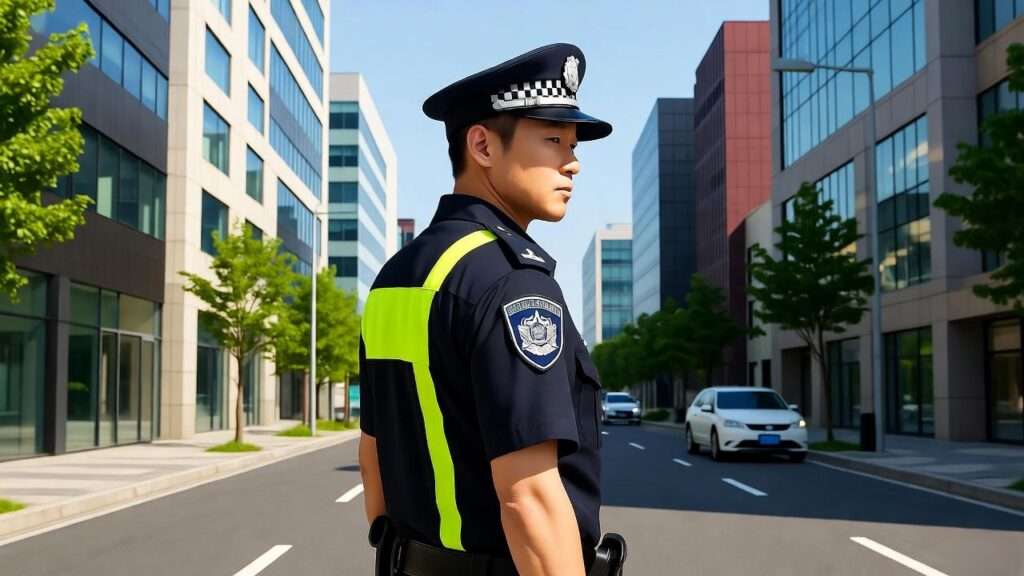
Legal Framework Governing Firearms
South Korea’s gun control policies are governed by the Firearms, Swords, and Explosives Control Act, a stringent law enacted to ensure public safety. This legislation restricts firearm ownership to specific groups, such as law enforcement, military personnel, and, in rare cases, licensed hunters or sports shooters. Obtaining a firearm license is a rigorous process involving extensive background checks, mental health evaluations, and mandatory training. According to the Korean National Police Agency, fewer than 0.2% of South Koreans own firearms legally, a stark contrast to countries with more lenient laws. These regulations reflect Korea’s commitment to minimizing gun-related violence, a priority that resonates throughout its legal system.
Restrictions on Civilian Gun Ownership
For the average South Korean, owning a gun for self-defense or personal use is virtually impossible. The law explicitly prohibits civilians from possessing firearms outside of narrowly defined exceptions. Those caught with illegal firearms face severe penalties, including up to seven years in prison or hefty fines. Data from the United Nations Office on Drugs and Crime shows that South Korea’s gun homicide rate is among the lowest globally, at approximately 0.02 per 100,000 people, compared to 5 per 100,000 in the U.S. This low rate underscores the effectiveness of Korea’s restrictive policies, which prioritize public safety over individual rights to bear arms.
Exceptions and Special Cases
Limited exceptions exist for firearm ownership, primarily for hunting and sport shooting. Licensed hunters must store their weapons at police stations when not in use, and sports shooters undergo rigorous oversight. Airsoft guns and replicas, often seen in K-dramas as props, are also tightly regulated. These devices require permits and must adhere to strict safety standards to prevent misuse. For K-drama fans, recognizing these exceptions clarifies why certain characters—like police officers or soldiers—wield guns, while civilians rarely do. Understanding these nuances enhances the viewing experience, grounding dramatic scenes in real-world context.
Cultural Factors Shaping Korea’s Gun Laws

Historical Context of Gun Control
South Korea’s strict gun laws trace their roots to the post-Korean War era (1950–1953), a period marked by efforts to rebuild a stable, secure society. After decades of conflict and foreign occupation, the government prioritized disarmament to prevent internal strife. The Firearms, Swords, and Explosives Control Act was strengthened in the 1970s under President Park Chung-hee, reflecting a broader push for social order. Confucian values, which emphasize harmony and respect for authority, further reinforced the public’s acceptance of these laws. For K-drama fans, this historical context explains why guns are absent from everyday life in Korea, unlike in action-packed drama scenes.
Public Safety and Collectivism
Korea’s collectivist culture plays a pivotal role in shaping its gun laws. Unlike individualistic societies that may prioritize personal freedoms, Korea values communal safety and trust in institutions like the police. This cultural framework supports strict regulations, as citizens generally view firearms as unnecessary for personal protection. The Korean National Police Agency reports that violent crime rates remain low, with only 1.9 violent crimes per 1,000 people in 2024. For K-drama fans, this collectivist mindset explains why characters like detectives or soldiers are often the only ones armed, reflecting Korea’s trust in state-controlled security.
Contrast with Other Countries
Comparing Korea’s gun laws to those of other nations highlights their uniqueness. In the U.S., the Second Amendment ensures the right to bear arms, resulting in over 120 guns per 100 people, according to the Small Arms Survey. Japan, another Asian nation with strict laws, allows limited firearm ownership for hunting and sport but has a similarly low gun violence rate (0.03 per 100,000). Korea’s policies are even more restrictive, with fewer exceptions and stronger enforcement. For K-drama fans, this comparison underscores why Korea’s streets feel safe in real life, even if dramas depict otherwise.
Guns in K-Dramas: A Cultural Lens
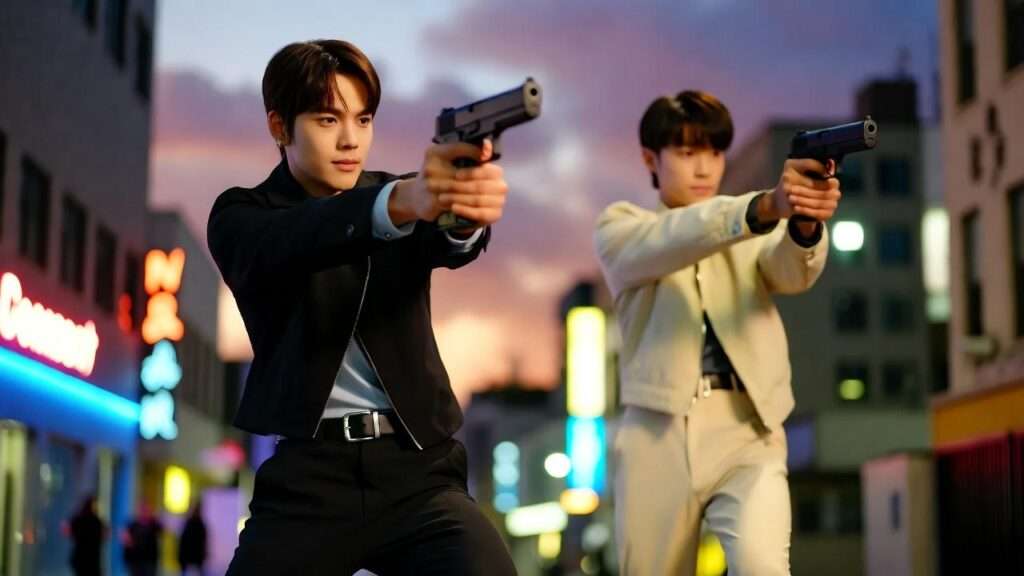
Common Tropes Involving Firearms
Guns in K-dramas often appear in specific genres: crime thrillers (Signal), military dramas (Descendants of the Sun), or gangster sagas (Vincenzo). Common tropes include high-stakes standoffs, undercover police operations, or heroic soldiers wielding firearms. These scenes are designed to heighten tension and appeal to global audiences familiar with action-packed narratives. However, they rarely reflect the reality of gun laws in Korea, where civilians cannot access firearms. For fans, recognizing these tropes as artistic choices enhances appreciation of K-dramas without conflating them with real-world norms.
Why K-Dramas Exaggerate Gun Use
K-dramas often amplify gun use to cater to international viewers accustomed to Hollywood-style action. Directors and writers draw inspiration from Western media, incorporating firearms to create suspense and drama. For example, in City Hunter, the protagonist’s vigilante justice involves guns, a scenario implausible in Korea’s tightly regulated society. This exaggeration serves storytelling but can mislead fans about firearm prevalence. Understanding this creative liberty helps viewers enjoy K-dramas while appreciating Korea’s actual safety-focused culture.
Bridging Fiction and Reality
To bridge the gap between K-drama portrayals and reality, fans can focus on the cultural context behind the stories. Dr. Hye-jin Kim, a media studies professor at Seoul National University, notes, “K-dramas use guns as a narrative tool to amplify conflict, but they don’t reflect Korea’s strict legal framework.” By learning about gun laws in Korea, fans can better interpret dramatic scenes while gaining insight into the country’s values. This article equips readers with the knowledge to enjoy K-dramas critically, separating entertainment from real-world regulations.
Practical Implications for Visitors and Expats
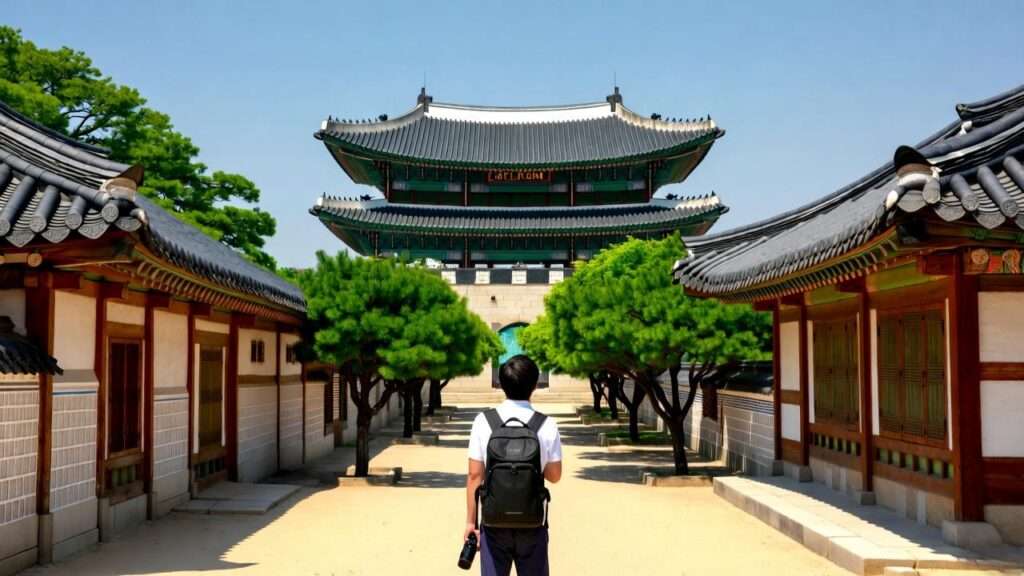
What Tourists Need to Know
For K-drama fans planning a trip to South Korea, understanding gun laws in Korea is essential to navigating the country safely and respectfully. Firearms are not accessible to tourists or temporary residents, and even discussing guns casually can be misinterpreted in a culture that prioritizes public safety. Visitors should avoid bringing or joking about firearms, as such actions may be seen as insensitive or alarming. Instead, immerse yourself in Korea’s vibrant culture—visit K-drama filming locations like the Crash Landing on You sites in Seoul or explore cultural festivals. Knowing the legal boundaries ensures a smooth, enjoyable experience.
Legal Risks for Foreigners
Foreigners who violate South Korea’s gun laws face severe consequences, including fines, imprisonment, or deportation. For example, in 2019, a tourist was detained for possessing an unregistered airsoft gun, unaware that even replicas require permits. Ignorance of the law is not a valid defense, and penalties can disrupt travel plans or lead to long-term legal issues. K-drama fans, often inspired by action-packed shows, should recognize that attempting to replicate dramatic scenarios in real life is not only impractical but also illegal. Staying informed about gun laws in Korea protects visitors from unintended legal trouble.
Experiencing Korean Culture Safely
K-drama fans can engage with Korean culture authentically without crossing legal boundaries. Visit iconic locations like Bukchon Hanok Village, featured in Goblin, or join a K-pop dance workshop to connect with the culture. For those curious about firearms, consider exploring Korea’s military history at the War Memorial of Korea in Seoul, which offers exhibits on the nation’s defense without involving real weapons. By respecting gun laws in Korea, fans can focus on the cultural richness that makes K-dramas so beloved, from traditional hanbok to modern Hallyu trends.
Expert Insights and Data
Statistics on Gun Ownership and Crime
South Korea’s strict gun laws contribute to its remarkably low rates of gun-related crime. According to the Korean National Police Agency, firearms were involved in fewer than 100 criminal incidents in 2024, a negligible figure compared to countries with looser regulations. The UN Office on Drugs and Crime reports that Korea’s gun homicide rate remains at 0.02 per 100,000 people, one of the lowest globally. In contrast, the U.S. reported 5 per 100,000, highlighting the impact of Korea’s policies. These statistics underscore why guns are rarely seen outside K-drama sets, reinforcing Korea’s commitment to public safety.
Infographic Idea: Include a chart comparing gun ownership rates and gun homicide rates across South Korea, Japan, and the U.S. to visualize the effectiveness of Korea’s laws.
Perspectives from Korean Legal and Cultural Experts
Dr. Min-soo Park, a legal scholar at Yonsei University, explains, “South Korea’s gun laws are a reflection of its collectivist ethos, prioritizing societal harmony over individual rights.” This perspective aligns with the country’s low crime rates and public trust in law enforcement. Similarly, K-drama producer Ji-hoon Lee notes, “Firearms in dramas are a storytelling device, not a reflection of everyday life. We amplify action to captivate global audiences.” These insights highlight the disconnect between K-drama portrayals and reality, offering fans a deeper understanding of gun laws in Korea.
Addressing Common Misconceptions
A common misconception among K-drama fans is that guns are readily available in South Korea, given their prominence in shows like Squid Game or The King: Eternal Monarch. In reality, civilian access to firearms is nearly nonexistent, and even police officers rarely carry guns off-duty. Another myth is that airsoft guns are unregulated; however, these require permits and are subject to strict oversight. By debunking these myths, this article ensures fans approach K-dramas with a clear understanding of Korea’s legal and cultural landscape.
FAQs About Gun Laws in Korea
Can Civilians Own Guns in South Korea?
No, civilians cannot own guns for self-defense or personal use in South Korea. The Firearms, Swords, and Explosives Control Act restricts ownership to specific groups like police, military, and licensed hunters or sports shooters. The licensing process is rigorous, involving background checks, mental health evaluations, and training.
Why Do K-Dramas Show So Many Guns If Laws Are So Strict?
K-dramas exaggerate gun use to create dramatic tension and appeal to global audiences familiar with action genres. Writers and directors draw inspiration from Western media, using firearms as a storytelling tool rather than a reflection of Korean reality.
Are Airsoft Guns or Replicas Legal in Korea?
Airsoft guns and replicas are legal but heavily regulated. They require permits, must meet safety standards, and cannot be modified to resemble real firearms. Violations can lead to fines or imprisonment.
What Happens If a Foreigner Violates Gun Laws in Korea?
Foreigners who violate gun laws in Korea face severe penalties, including fines, imprisonment, or deportation. Even unintentional violations, like possessing an unregistered airsoft gun, can result in legal consequences.
How Do Korea’s Gun Laws Compare to Other Asian Countries?
Korea’s gun laws are among the strictest in Asia, similar to Japan’s but more restrictive than China’s, where limited hunting permits exist. Singapore also enforces tight regulations, but Korea’s near-total ban on civilian ownership stands out.
South Korea’s gun laws reflect a unique blend of cultural values, historical context, and a commitment to public safety. For K-drama fans, understanding these laws bridges the gap between the action-packed scenes of Vincenzo or Descendants of the Sun and the reality of a society where firearms are virtually absent from civilian life. By exploring the legal framework, cultural roots, and practical implications of gun control in Korea, this article equips fans with a deeper appreciation of the stories they love and the country that inspires them. Dive into more Korean cultural insights on our site, share your favorite K-drama moments in the comments, or explore related articles to continue your journey. After all, understanding the real Korea makes every drama binge even more meaningful.

